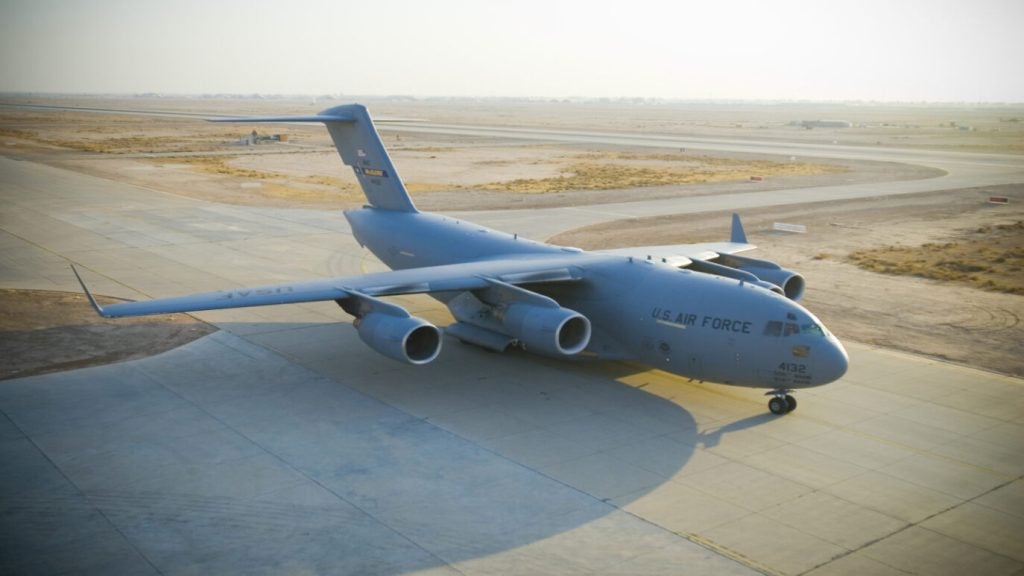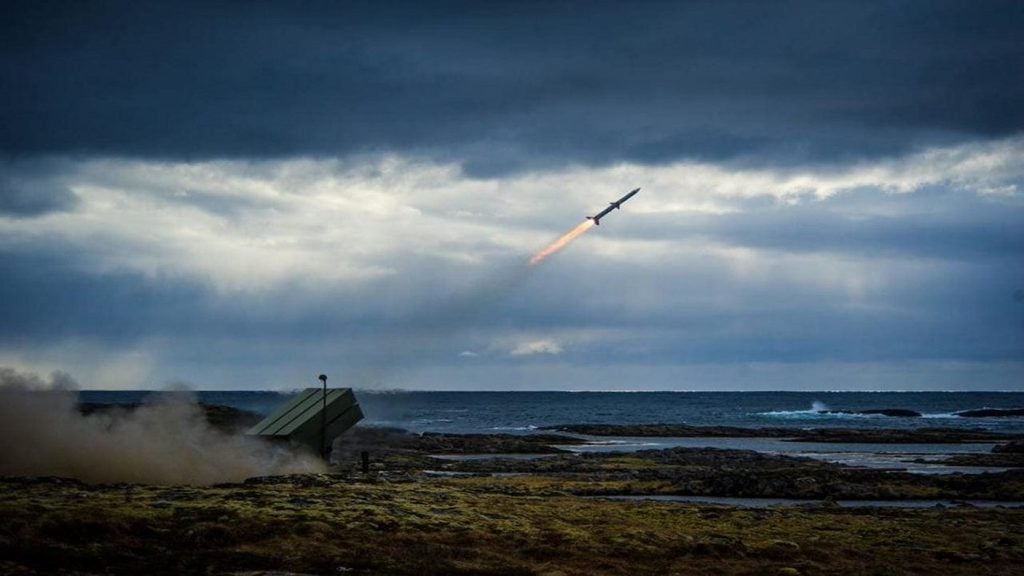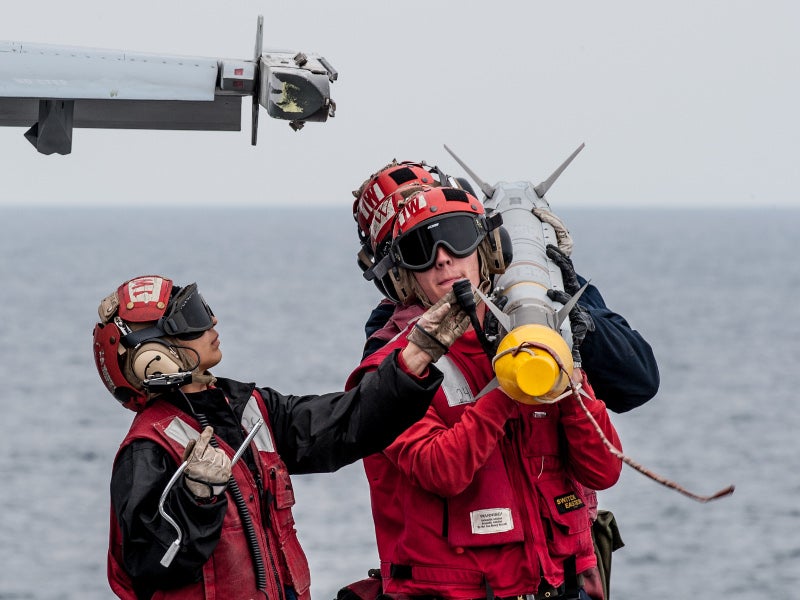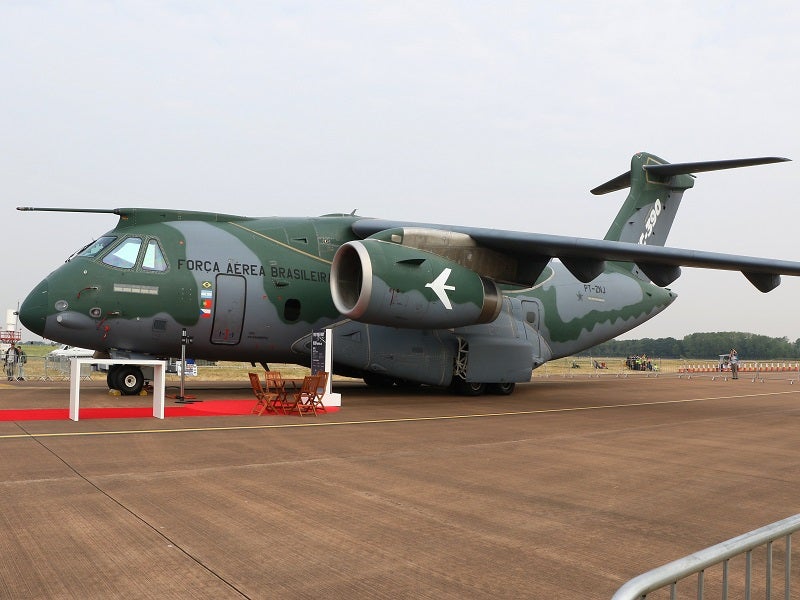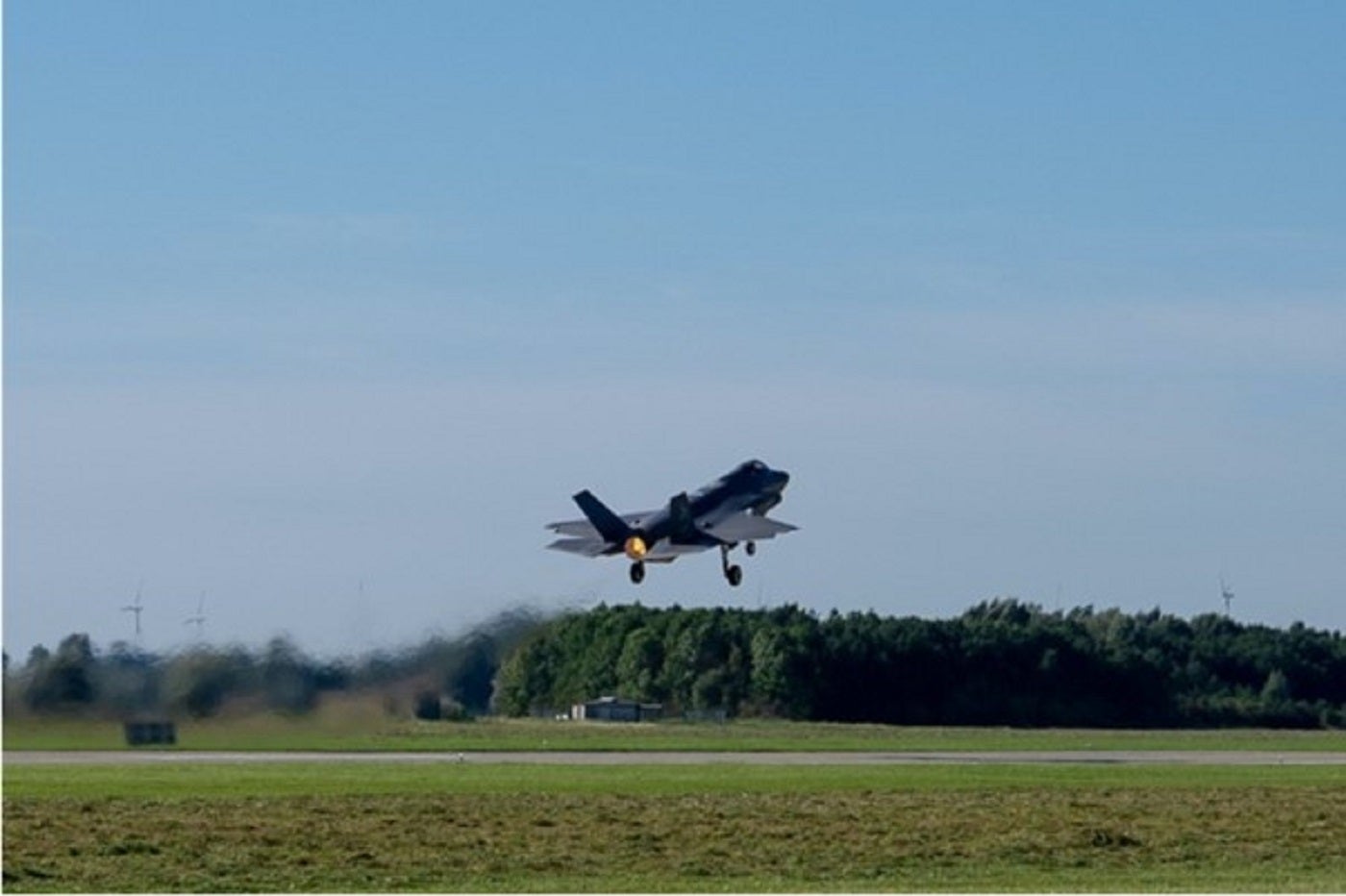
In a display of NATO’s commitment to safeguarding its skies, Italian Air Force Task Force Air-32nd Wing’s F-35s took flight from Malbork Air Base in Poland.
On September 21, 2023, the aircraft executed their first alert scramble under NATO’s enhanced air policing directives, responding to a situation that unfolded over the Baltic Sea.
As per NATO’s efforts to maintain the safety and security of European airspace, radars detected unidentified Russian aircraft flying close to NATO borders, prompting a response.
The NATO air policing mission: A snapshot
NATO, responsible for securing airspace with approximately 35,000 daily air movements, employs an air policing mission to ensure safety and security. This mission operates 24 hours a day, seven days a week, 365 days a year under the eye of Allied Air Command.
Tristan Sauer, aerospace, defence, and security analyst at GlobalData provided commentary on Italy’s Task Force Air-32nd Wing’s role in NATO’s enhanced air policing.
“The 32nd is currently equipped with the latest 5th generation F-35 Lighting II fighters and was the first European air unit to field the aircraft in 2016, making them the optimal choice for conducting joint air policing missions and providing deterrence along the most tense axis of NATO’s border with Russia due to their training and joint operation experience.”
How well do you really know your competitors?
Access the most comprehensive Company Profiles on the market, powered by GlobalData. Save hours of research. Gain competitive edge.

Thank you!
Your download email will arrive shortly
Not ready to buy yet? Download a free sample
We are confident about the unique quality of our Company Profiles. However, we want you to make the most beneficial decision for your business, so we offer a free sample that you can download by submitting the below form
By GlobalDataBaltic air policing: sharing responsibility
NATO’s commitment extends to member nations without sufficient air capabilities. In the Baltic region, Lithuania, Latvia, and Estonia receive support from other NATO members on a rotational basis, guaranteeing consistent security. This arrangement demonstrates NATO’s solidarity, resolve, and collective defence posture.
Despite deep economic ties between the two countries, Italy has been vocal about sanctions against Russia. It has contributed to Baltic air policing operations set up by NATO in response to rising regional tensions, according to GlobalData’s “Italy Defense Market 2023-2028” report.
Russian air activity and the geopolitical context
NATO’s Baltic Air Policing mission often involves visually identifying Russian Federation Air Force aircraft. The geographical proximity of the Russian enclave of Kaliningrad leads to regular flights near NATO airspace without proper communication or flight plans.
The Russian defence doctrine explicitly identifies a grave threat from military alliance organisations such as the North Atlantic Treaty Organization (NATO).
The induction of Latvia, Lithuania and Estonia within the alliance brought NATO within striking distance of its national borders, thereby depriving Russia of any buffer zone in case of a confrontation, according to GlobalData’s “Russian Defense Market 2022-2027” report.
Ballistic missile defence: protecting NATO territory
In addition to air policing, NATO has established a Ballistic Missile Defense system to protect populations, territories, and forces against potential missile threats outside the Euro-Atlantic area.
This integrated system involves sensor networks and interceptor missiles, enabling responses to incoming threats and safeguarding NATO nations in the event of a ballistic missile attack.
NATO’s dedication to air and missile defence shows its commitment to collective security, adapting to evolving challenges in the global geopolitical landscape.



